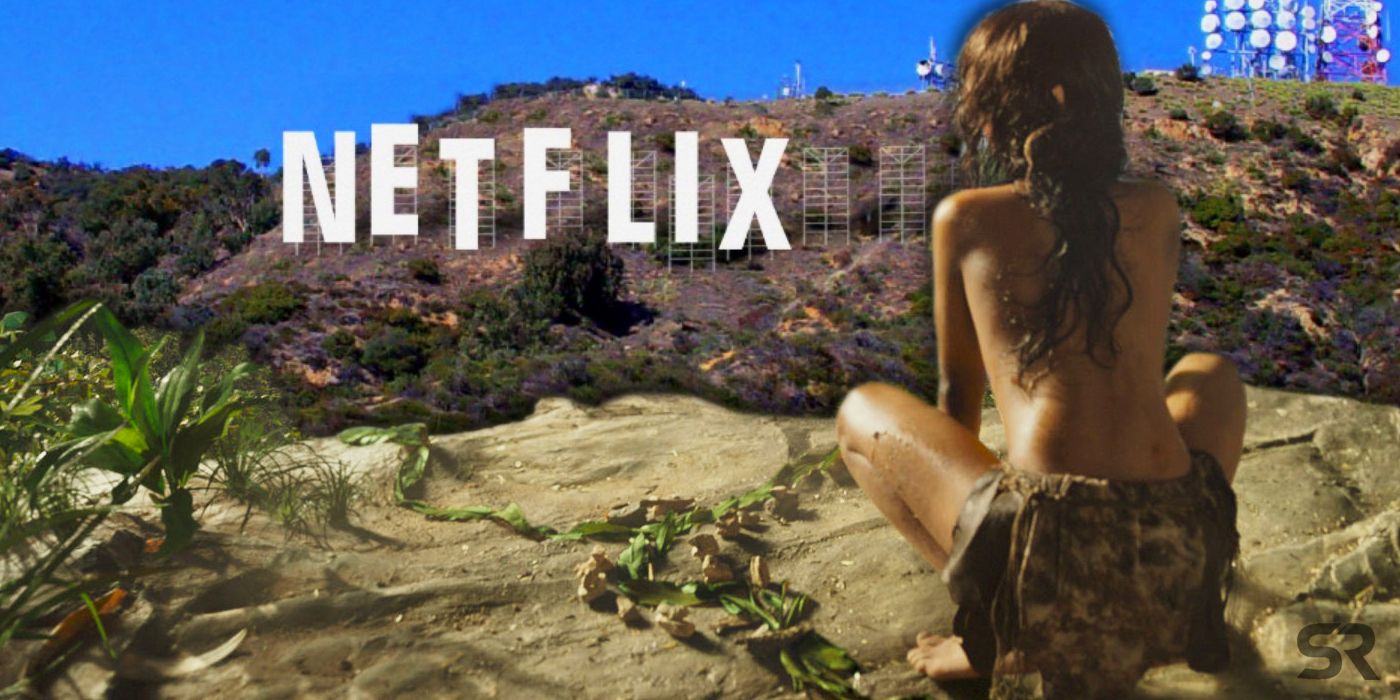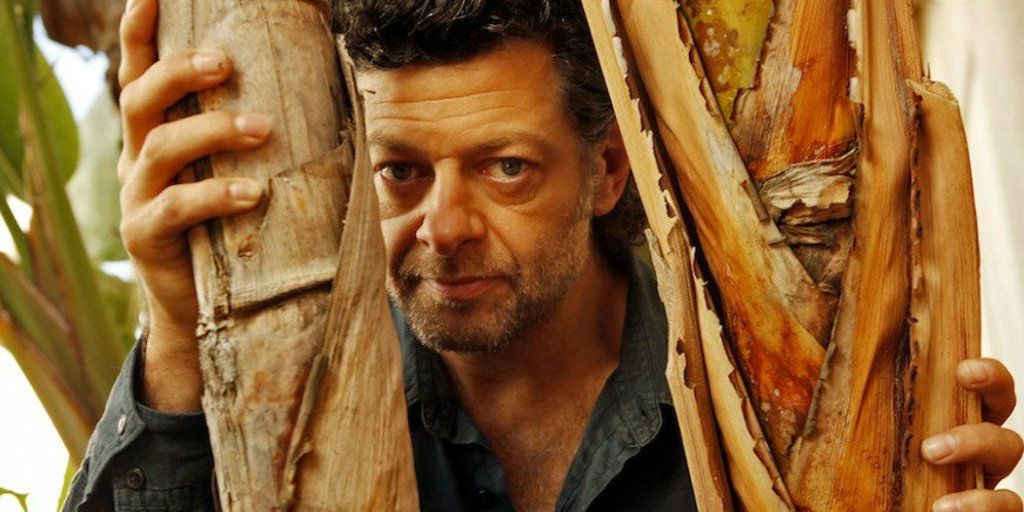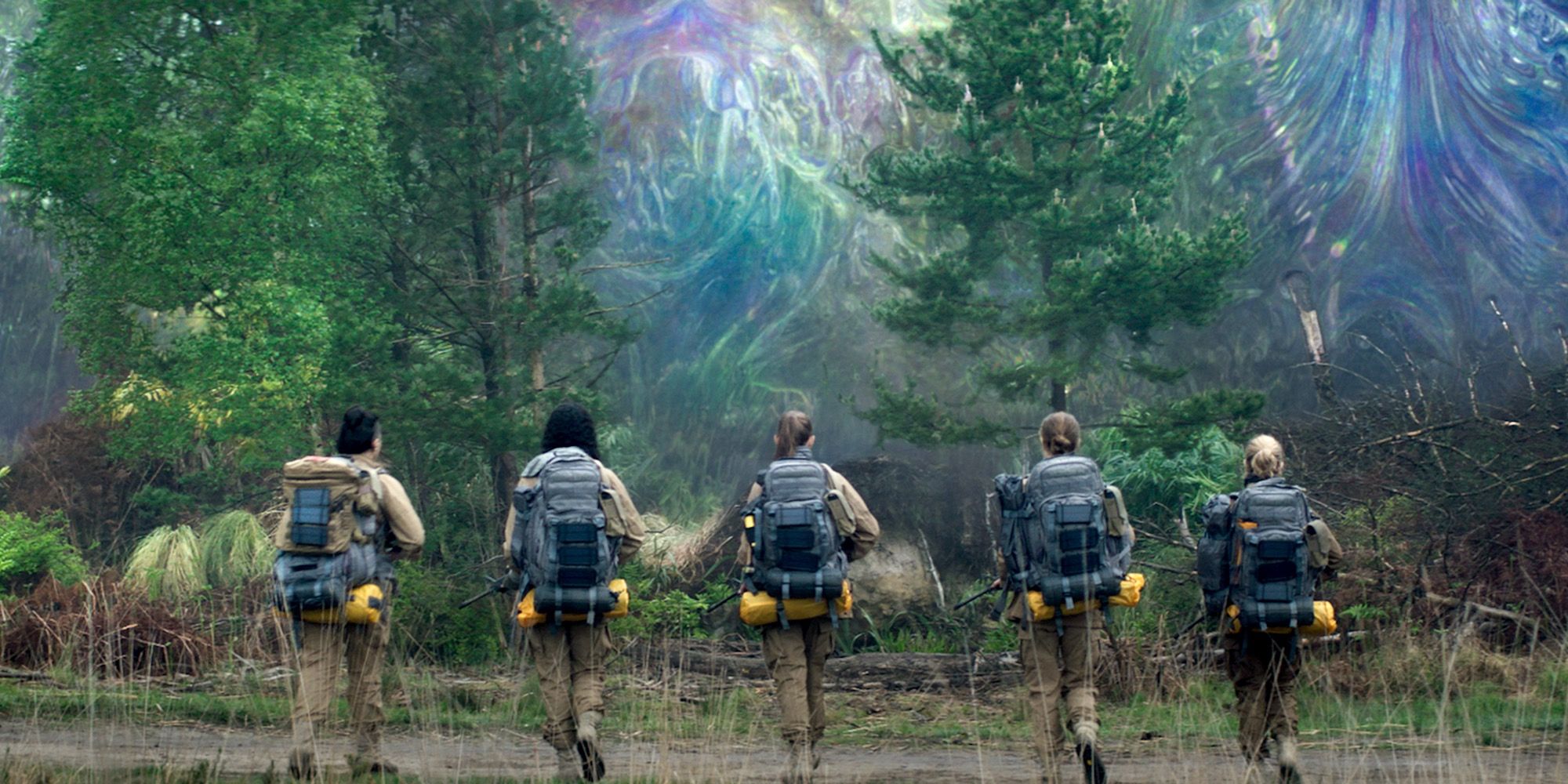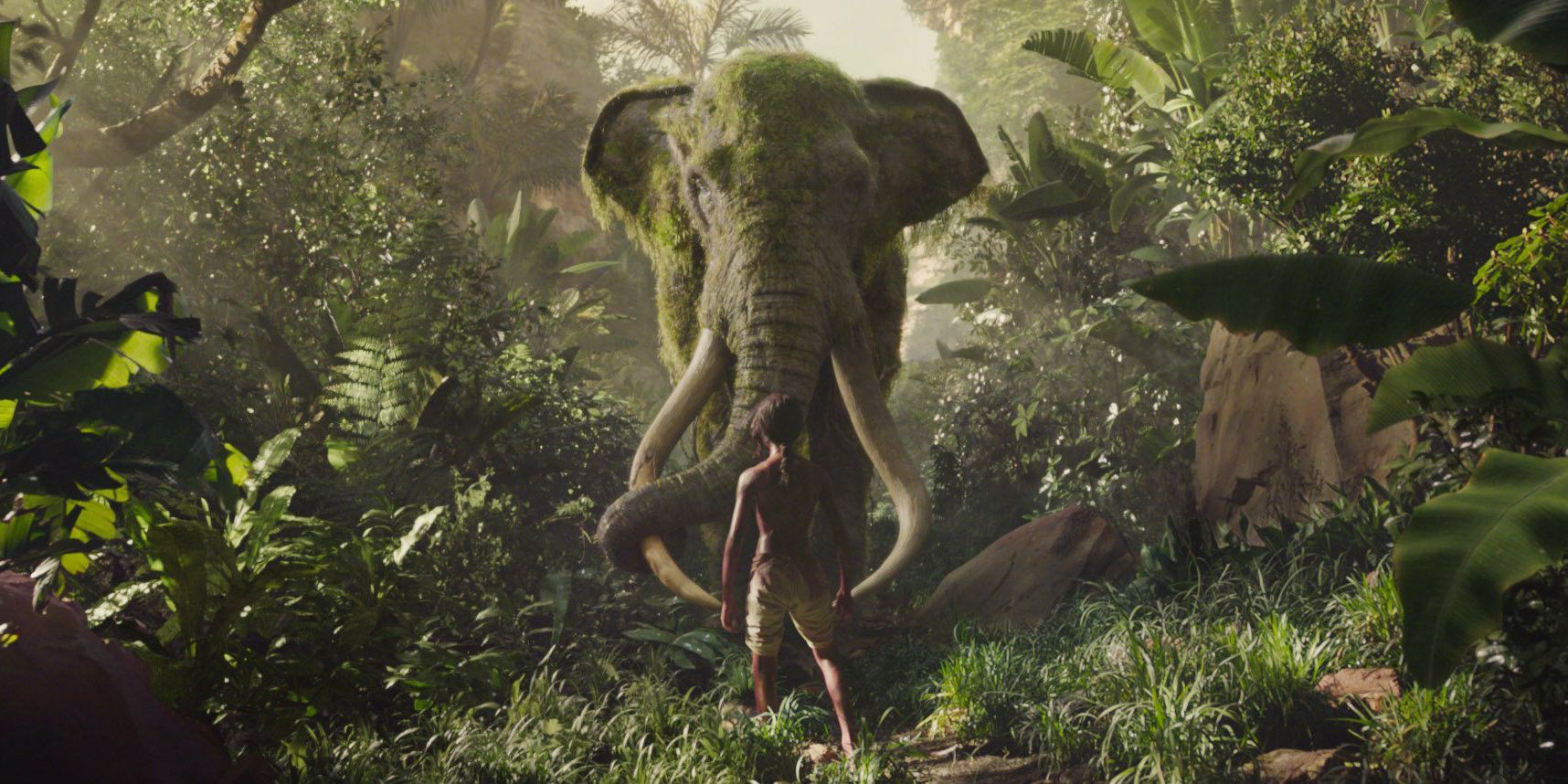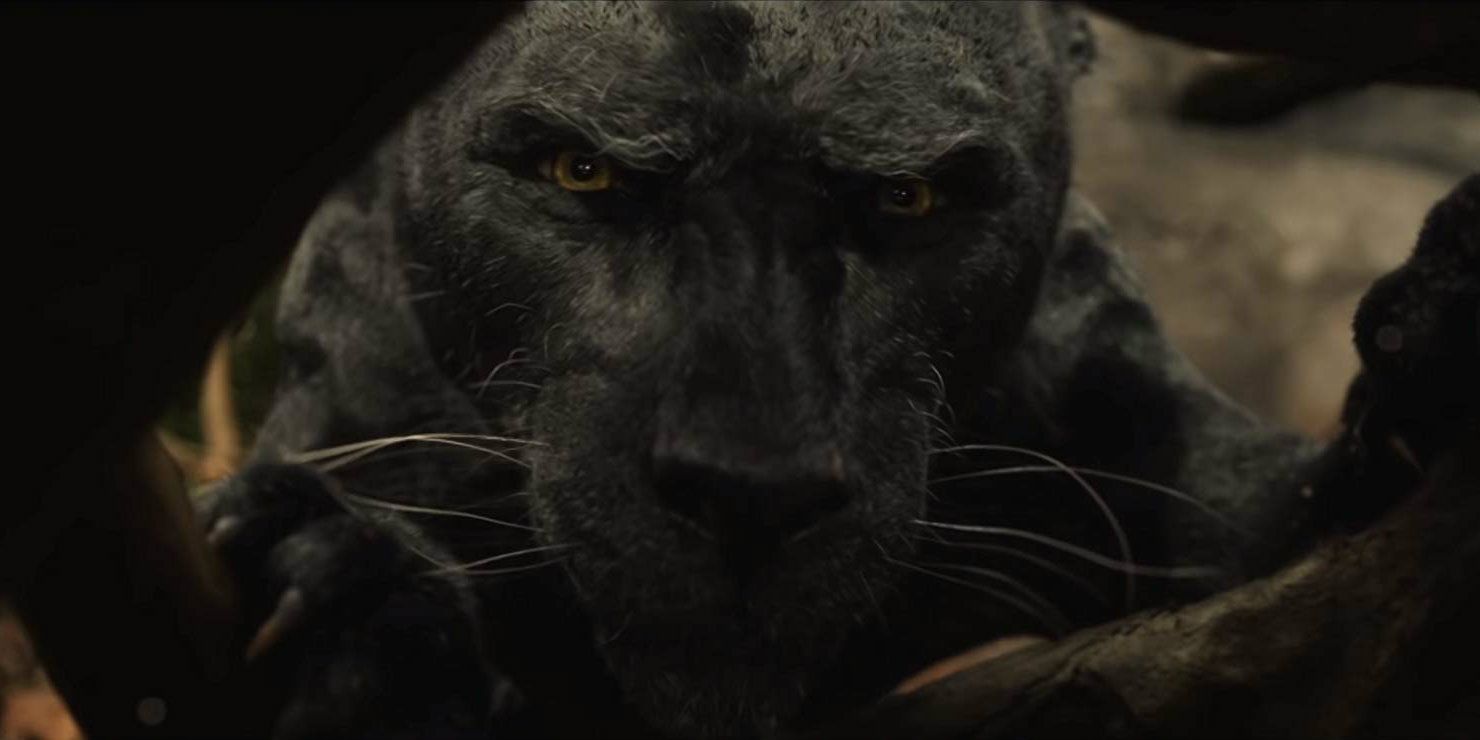It came as something of a surprise this week when it was announced that Netflix had acquired the worldwide rights to Mowgli, Andy Serkis’s darker take on the world of Rudyard Kipling's The Jungle Book. The film had been in post-production for quite some time and seen more than one release date go by without further news. Many had feared that the film would struggle at the box office given the relatively recent release of Disney’s The Jungle Book, which grossed more than $966m worldwide.
Instead of risking a dueling scenario at the box office - akin to the battling releases of Deep Impact and Armageddon - Warner Bros. decided to pass on the project to the streaming service. Netflix informed Variety that the film, which features the voices of Cate Blanchett, Benedict Cumberbatch, and Christian Bale, will still receive a theatrical release. However, that theatrical release could be along the lines of Dee Rees' Mudbound, which got a cursory release in just 17 North American locations in order to qualify for Oscars consideration. In the grand scheme of Hollywood and Netflix's plans to become a legitimate alternative to theatrical releases, this acquisition is a considerable power move.
RELATED: Andy Serkis' Jungle Book Movie Mowgli Acquired By Netflix
Netflix’s film catalog has never inspired the headlines or devotion that their television shows have. In a short amount of time, the service went from a niche platform to an undisputed power player, thanks to award-winning and wildly popular shows like Orange is the New Black, House of Cards, The Crown, and Stranger Things. These shows have won a cartload of Emmy awards, inspired major showrunners like Shonda Rhimes and Ryan Murphy to join Netflix's ranks, and made binge-watching the new normal. But despite Netflix's TV takeover, the film industry has so far kept the streaming service at a distance, with Cannes Film Festival controversially banning Netflix movies from competition. But while studios are understandably wary of a company that offers an alternative to the box office, the acquisition of Mowgli proves that Netflix is still determined to grow its territory.
- This Page: Netflix's Growing Hold on Hollywood
- Page 2: Mowgli Can Be a Major Event Movie For Netflix
Mowgli Helps Netflix Build Their Originals Library
Netflix is aiming to have 50% original content by the end of 2018. They certainly have the budget to achieve that goal, and there are new TV shows and films announced with increasing regularity. However, the service has struggled to get audiences excited for their plethora of original films. Nielsen Ratings provided numbers that suggested most Netflix subscribers use the service to re-watch old favorites, rather than the new and unfamiliar. They have plenty to offer across a wide scope of genres, but there’s little in the way of solid ratings to prove audiences are tuning in.
That’s not to say that Netflix haven’t been building an impressive library of original films. The service offers movies that span a wide range of genres, budgets, critical appeal and audience demographics: From Adam Sandler originals to auteur-driven dramas to bigger budget genre fare and much more. Most of these films have been inexpensive to make or purchase, such as the collection of Sundance-endorsed indies like I Don't Feel At Home In This World Anymore. However, Netflix has so far lacked the kind of big-budget tent-pole fare that’s driving the majority of business in the traditional system. Without something to rival the might of Disney’s franchises or Warner Bros. and the DCEU in terms of mainstream appeal, it’s tough for Netflix to position themselves as a true threat to the status quo.
Mowgli isn’t the first project to help disrupt that (Netflix’s deal for upcoming works by Mark Millar arguably signals a stronger sign of true competition), but it does help to cement their identity and that of their original films. This is the kind of film a traditional studio would release, even if it weren’t a project being sold off by one in the first place. Mowgli isn’t a novelty in the way that Bright felt to many viewers: This is a full-on blockbuster with Hollywood endorsement.
RELATED: Netflix: 15 TV Shows And Movies You Didn’t Know Were Coming In July
The Mowgli Purchase Builds Strong Connections in Hollywood
Netflix is positioned somewhere between the dominant force of Hollywood and the beleaguered underdogs taking on the system. It's far too popular to be called a true small fry in the business, but it's certainly not viewed with the same level of legitimacy as the Big Six (soon to be Big Five) studios. It remains to be seen whether those studios are actually threatened by Netflix, but it’s also understandable that they would be reluctant to do regular business with the service that continues to talk up how it plans to drastically change the basic movie-going experience.
Mowgli feels like a step in a new direction for both Netflix and the film industry. It’s not the first time the streaming service has taken an already finished film off a studio’s hands for distribution purposes. Paramount have worked with Netflix a number of times on this, most notably with The Cloverfield Paradox and the international rights to Annihilation. Yet despite the critical acclaim of the latter, these decisions were generally dismissed as the desperate last acts of a studio in trouble, as Paramount continue to fight through financial issues. For some, they felt less like savvy business decisions and more like Netflix being given the unwanted goods of an older sibling.
There have been no reviews for Mowgli and no early buzz about its critical merit, so it’s easy to jump to the conclusion that this acquisition is a repeat of those Paramount deals. Yet Mowgli’s main problem wasn’t critics so much as audiences: How do you motivate viewers to see a new version of a story they already paid for less than two years and enjoyed? The Jungle Book may be a public domain property but it’s still the Disney version people remember most fondly, so of course they wanted to see that remake. A version closer to the book’s dark tone, and without all the Sherman Brothers songs, is a tougher sell, and Warner Bros. knew it. By finding a mutually beneficial business relationship with Netflix, they have a way to reach those audiences that they lacked before and a larger safety net. Netflix will do well either way from this, and Mowgli also gives them a route to something they haven’t done much with before - the family demographic.
Page 2: Mowgli Can Be a Major Event Movie For Netflix
Mowgli Gives Netflix a Proper Family Focus
As wide-reaching as Netflix’s original content has been, they have placed less focus on cracking that ever-profitable family demographic. The most beloved Netflix TV shows and movies are decidedly adult in their content and intended audience. There are plenty of Netflix children’s cartoons on offer, but the service is lacking for a solid catalog of films and TV shows the whole family can enjoy together.
Mowgli is being marketed as a grittier take on The Jungle Book, but it’s still an adaptation of a beloved novel that’s intended for children. In the current climate of Hollywood where family-friendly fare seems oddly limited to superheroes, Disney live-action remakes and Minions, Mowgli presents Netflix with a unique opportunity. Not only can they build up slate of family films, but they can also acquire and invest in ones that don’t fit the traditional mold. Parents may shy away from taking their kids to see a scarier film at the cinema, but they’d be more comfortable showing it to the family from their own home. It would help Netflix stand out from the crowd in that regard. They can also market this as the cost-effective family entertainment: Less than $20 a month for Mowgli and much more versus upwards of $50 plus transport and snacks for a day at the cinema.
RELATED: Netflix Moving Forward With Lord of the Flies-Like Teen Drama
Mowgli Can Be a Proper Event For Netflix
Netflix has so much to offer when it comes to original movies: Multiple Oscar winning and nominated documentaries, critical darlings and festival fare like Mudbound, Okja and The Meyerowitz Stories, and foreign language dramas like First They Killed My Father. However, as many critics have noted, Netflix often has trouble appropriately promoting these films, and some have accused the service of burying new films in their expansive catalog without even letting users know that they exist. Netflix has only tried a handful of times to make a true event from their films: Bright got a major marketing boost, and The Cloverfield Paradox’s surprise drop after the Super Bowl was, if nothing else, a genius publicity move. Yet neither of these films captured the audiences’ full-force attention. Mowgli could help bridge that gap.
Mowgli is the sort of film that, if marketed well, could become a major event. It can be promoted online, on TV, and even in cinemas, the cast can do the talk show circuits and red carpets, and Netflix can build up to a release date where competition is low. They can create a viable alternative to the traditional cinema visit and whatever the major studios are offering at the time and they can sell it as a uniquely Netflix movie experience.
Andy Serkis’s Mowgli is currently slated to be released by Netflix some time in 2019, although further details have yet to be released. The streaming service’s long-term film plan has always been consistently underestimated, especially in comparison to their mighty television slate, but with decisions like this, Netflix is proving that they’re on the path to becoming a true Hollywood powerhouse.

